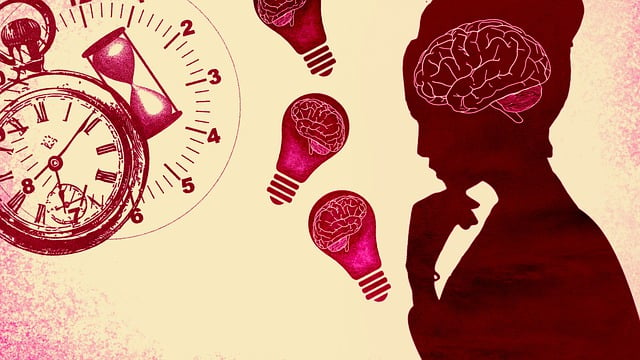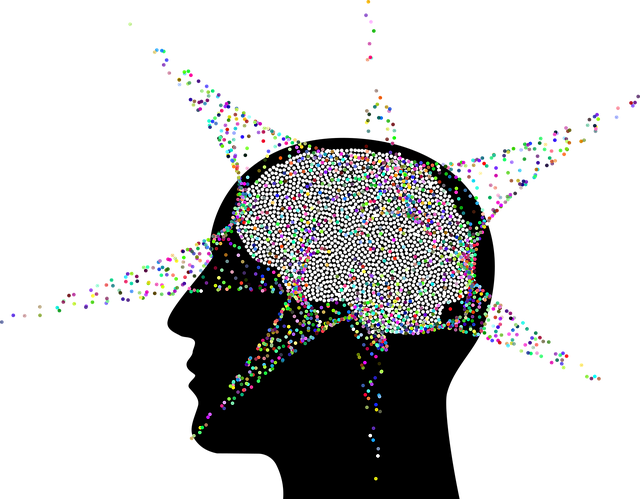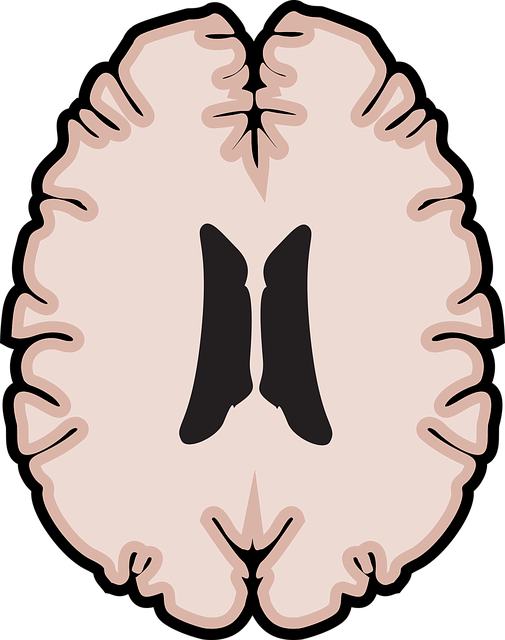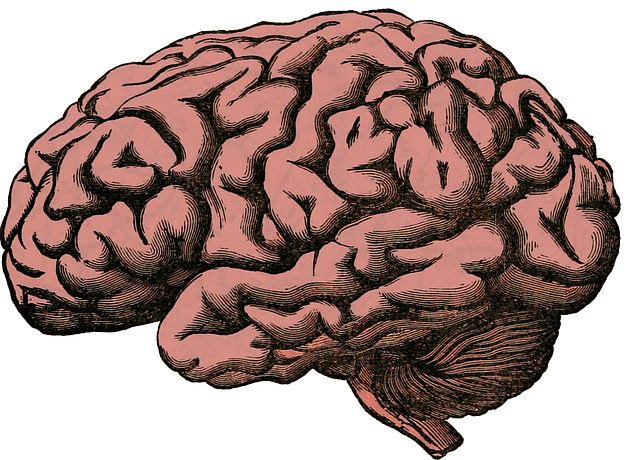Mental illness diagnoses are complex due to symptom overlap and unique presentations, requiring professionals to consider cultural, social, and personal factors. Programs like Littleton Self-Esteem Therapy Community Outreach Initiative promote early interventions by educating communities on mental health literacy. Therapy, including Littleton Self-Esteem Therapy, offers safe spaces for individuals to explore thoughts and feelings, improving diagnostic accuracy by uncovering subtle emotional patterns. This approach focuses on building self-esteem, which significantly impacts psychological disorders, enabling earlier, more precise diagnoses crucial for effective treatment planning.
Mental illness diagnoses, while critical for treatment, often face challenges due to complexity and subjectivity. This article delves into understanding these hurdles and explores strategies to enhance diagnosis accuracy. We examine the integral role of therapy, particularly focusing on self-esteem as a key factor. The spotlight is then turned onto Littleton Self-Esteem Therapy, highlighting its promising potential in improving diagnostic clarity and patient outcomes.
- Understanding Mental Illness Diagnoses and Their Challenges
- The Role of Therapy in Enhancing Diagnosis Accuracy
- Techniques for Improving Diagnostic Clarity: A Focus on Self-Esteem
- Littleton Self-Esteem Therapy: A Promising Approach
Understanding Mental Illness Diagnoses and Their Challenges

Mental illness diagnoses are complex and multifaceted, often involving a deep understanding of an individual’s symptoms, history, and overall well-being. The process requires skilled professionals who can interpret a wide range of behaviors and emotions, which is no easy feat given the intricate nature of human minds. Challenges arise when symptoms overlap between various disorders or when individuals present with unique, less common presentations. This complexity demands a nuanced approach to diagnosis, one that considers not just clinical criteria but also cultural, social, and personal factors.
For instance, conditions like depression and anxiety can manifest differently across diverse populations, influenced by community norms, access to support systems, and life experiences. Effective diagnosis requires professionals to be adept at navigating these complexities, ensuring accurate assessments tailored to each person’s unique context. This is where initiatives like the Littleton Self-Esteem Therapy Community Outreach Program come into play, aiming to improve mental health literacy and facilitate early interventions by educating communities on recognizing and addressing mental illness symptoms.
The Role of Therapy in Enhancing Diagnosis Accuracy

Therapy plays a pivotal role in enhancing mental illness diagnosis accuracy by providing a safe and supportive environment for individuals to explore their thoughts and feelings. Through effective therapy sessions, such as Littleton Self-Esteem Therapy, patients can gain valuable insights into their emotional patterns and triggers. Skilled therapists employ various Emotional Well-being Promotion Techniques to help clients identify subtle changes in mood, behavior, and cognitive processes that might otherwise go unnoticed. This deep exploration facilitates more precise assessments, ensuring that diagnoses align with the nuanced experiences of each individual.
Moreover, therapy contributes to Mental Illness Stigma Reduction Efforts by fostering understanding and self-acceptance. By participating in regular sessions, individuals learn coping strategies and develop Self-Care Practices tailored to their unique needs. This proactive approach not only improves overall emotional well-being but also encourages open communication with healthcare professionals. As a result, therapists can make more informed decisions, leading to accurate diagnoses and effective treatment plans that address the root causes of mental health concerns.
Techniques for Improving Diagnostic Clarity: A Focus on Self-Esteem

Mental health professionals are continually striving to enhance the accuracy of mental illness diagnoses, and one effective approach involves targeting self-esteem. Low self-worth is often a significant factor in various psychological disorders, impacting an individual’s ability to perceive themselves and their surroundings clearly. By addressing these underlying beliefs and emotions, therapists can significantly improve diagnostic clarity.
Littleton Self-Esteem Therapy, for instance, focuses on helping individuals develop positive thinking patterns, learn effective stress reduction methods, and build resilience. This holistic approach not only enhances self-perception but also provides practical tools to navigate life’s challenges. Through these techniques, individuals gain a more accurate understanding of their emotions, thoughts, and behaviors, facilitating an earlier and more precise diagnosis, which is crucial for effective treatment planning.
Littleton Self-Esteem Therapy: A Promising Approach

Littleton Self-Esteem Therapy (LSET) is a groundbreaking approach that focuses on building inner strength and cultivating positive thinking in individuals struggling with mental illness. This therapy recognizes that boosting self-esteem can significantly impact overall mental wellness. By empowering clients to challenge negative thought patterns and beliefs, LSET helps them develop healthier coping mechanisms and an improved sense of self.
The effectiveness of this approach lies in its holistic nature, addressing the root causes of low self-esteem often associated with various mental health disorders. Through targeted exercises and techniques, individuals learn to recognize and reframe their negative thoughts, fostering a more positive and realistic perspective. This shift in mindset can lead to better emotional regulation, enhanced resilience, and improved decision-making, ultimately contributing to long-term mental wellness.
Mental illness diagnosis accuracy has seen significant advancements, especially with the integration of therapeutic techniques like Littleton Self-Esteem Therapy. By addressing self-esteem issues, this approach offers a promising path to enhancing diagnostic clarity and overall mental health outcomes. Understanding the complexities of mental illness and leveraging innovative therapies are crucial steps in ensuring accurate diagnoses and effective treatment plans for individuals navigating these challenges.













